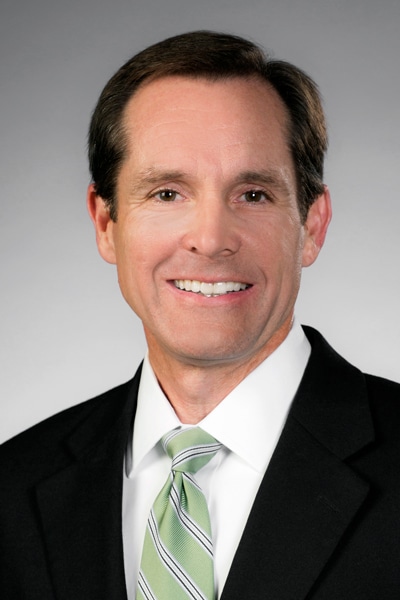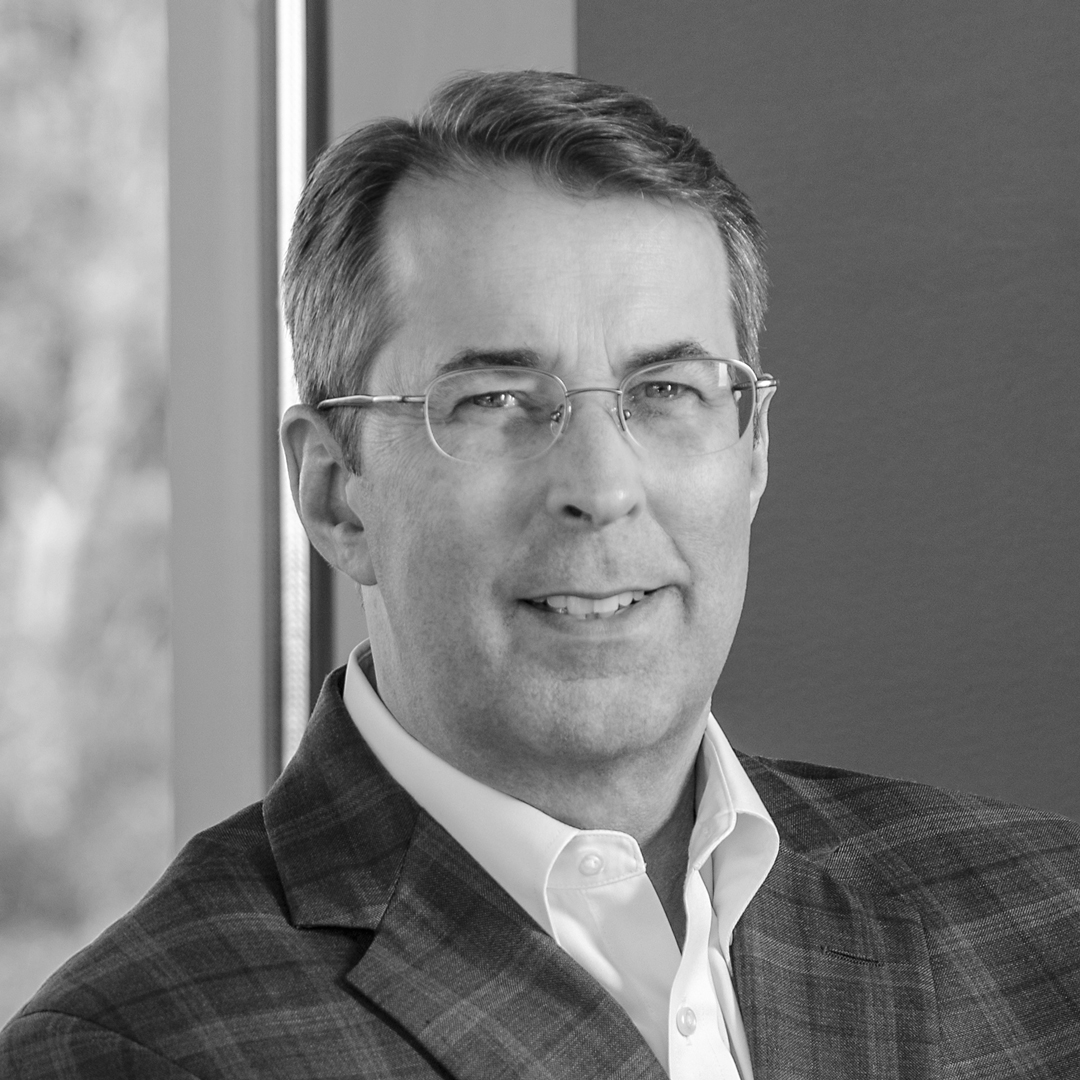
As magistrate judge for the Northern District of Oklahoma, Lane Wilson thought he had his dream job. He even planned to one day retire as a federal judge. But that was before the Williams Companies came calling.
A Fortune 500 energy-infrastructure company with annual revenue of $8 billion, Williams sought out Wilson right as he was expected to be reappointed to a second eight-year term. It helped that Wilson had worked with and known Williams’s president and CEO, Alan Armstrong, for years. When Armstrong asked Wilson if he would be interested in joining the firm as senior vice president and general counsel, he said yes.
Wilson started work in April 2017 and hasn’t looked back. When speaking with Modern Counsel, he explained why he made the decision, how he’s helping the company engage with local governments, and how his judicial experience informs his work in an industry that relies more and more on permitting.
Why was being a judge once your dream job?
After law school, I worked at the firm Hall Estill from 1994 to 2008. I tried my first case in Oklahoma City in 1995. I walked into the courtroom and immediately thought, if I can ever do what the federal judge is doing, I’m going to do it. Everything in that initial trial confirmed my gut reaction.
Federal courts, probably more so than other courts, are focused on, one, the law, and, two, a fairly pristine presentation of the facts. State court judges have ten times the case load and one third the resources. I liked that a federal judge had plenty of time to consider the arguments and to spend on the trial. It was a sense that the goal here is getting the right result, and that was very appealing to me.
So why did you walk away?
I really had no intention of leaving that job. But I’ve known Alan a long time. I tried a lot of cases for him while I was at Hall Estill and he was working his way up. He liked the way I approached litigation, and I liked the way he approached law from a business standpoint. We met occasionally for lunch to catch up.
When the general counsel at Williams was leaving, he contacted me and said, “Do you have any interest coming over here?” Because it was Alan, and because it was Williams, I did. I wouldn’t have entertained the idea with any other company.
I spoke with Alan, with my wife—it was the most difficult week of my life—and I decided this challenge was not likely to be presented again. This was such a totally different environment than I had ever been in before. It would stretch me in ways I had never been stretched before.
How did your time as a judge prepare you for in-house legal work?
Being a judge hones your decision-making. Your only goal as a judge is to get the right answer. You worry at first: are you going to be biased one way or another? The job has a way of stripping that out of you.
The other aspect is, you are dealing with people’s lives, especially on the criminal end of it. Watching legal dramas on TV every day, those decisions may not seem that big, but they’re huge. You may be taking someone who has never spent day of his or her life in custody and putting them in jail while they wait for trial. It makes all other decisions a lot less stressful.
Does your time on the bench impact the way you oversee compliance?
In the end, all of these are just disagreements between people. As a judge I handled mediations, and in federal court, those often involve regulatory agencies, state governments, and local governments. These mediations were all confidential, so I got a back-seat look at how regulatory agencies and state agencies really operate and make decisions. They invite you in because they want to convince you their position is the right one. I am still coming up to speed on this—I don’t know as much as the really good people working for me—but I did have a good feel coming into this job.
What do you miss the most about being a judge?
The hardest transition has been total and complete loss of control over my time. As a judge, nothing is put on your docket unless you say it’s going on your docket. My calendar was my calendar, and if I needed to miss a hearing, I just moved it. Attorneys don’t call and say, “This is really inconsiderate.” They just say, “Yes, Your Honor, whatever you want.” While doing this interview, I will have had three or four items added to my calendar—none of which I can cancel.
Any regrets?
None. I am having a blast here. Life is full of different opportunities. I miss aspects of being on the bench, but I am challenged every day and couldn’t ask for anything more.
Photo by Scott Miller


